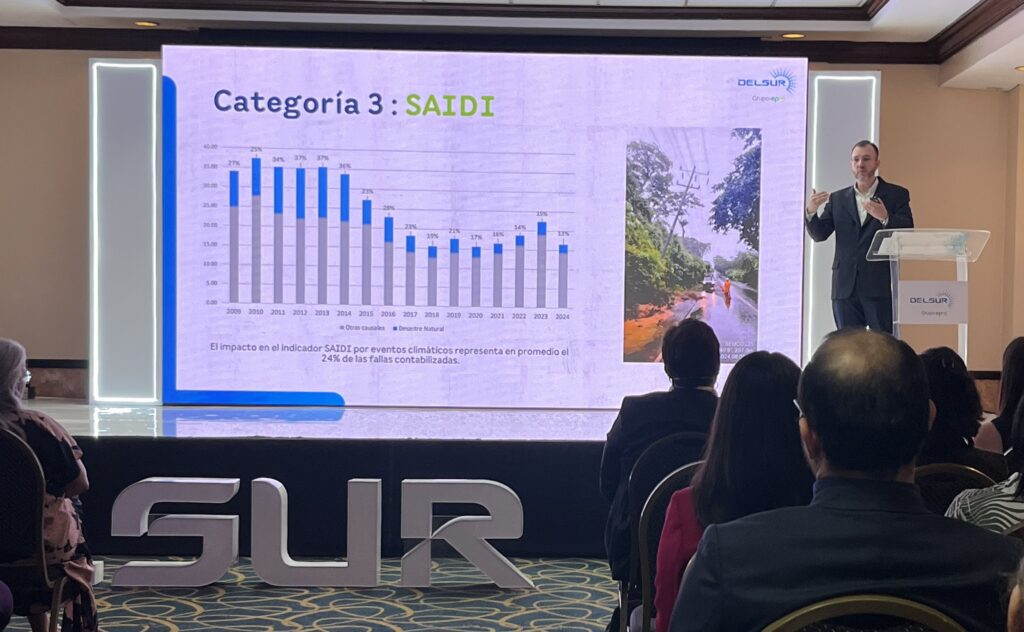
Distribuidora de Electricidad DELSUR, committed to the sustainability and resilience of its infrastructure, announces the results of the “Study of the Vulnerability of the Energy System to Climate Change and Adaptation Measures for the Distribution Network, Infrastructure and Equipment Identified as Priority Assets”. This analysis represents a crucial step towards managing the quality of service in the face of current and future climate challenges.
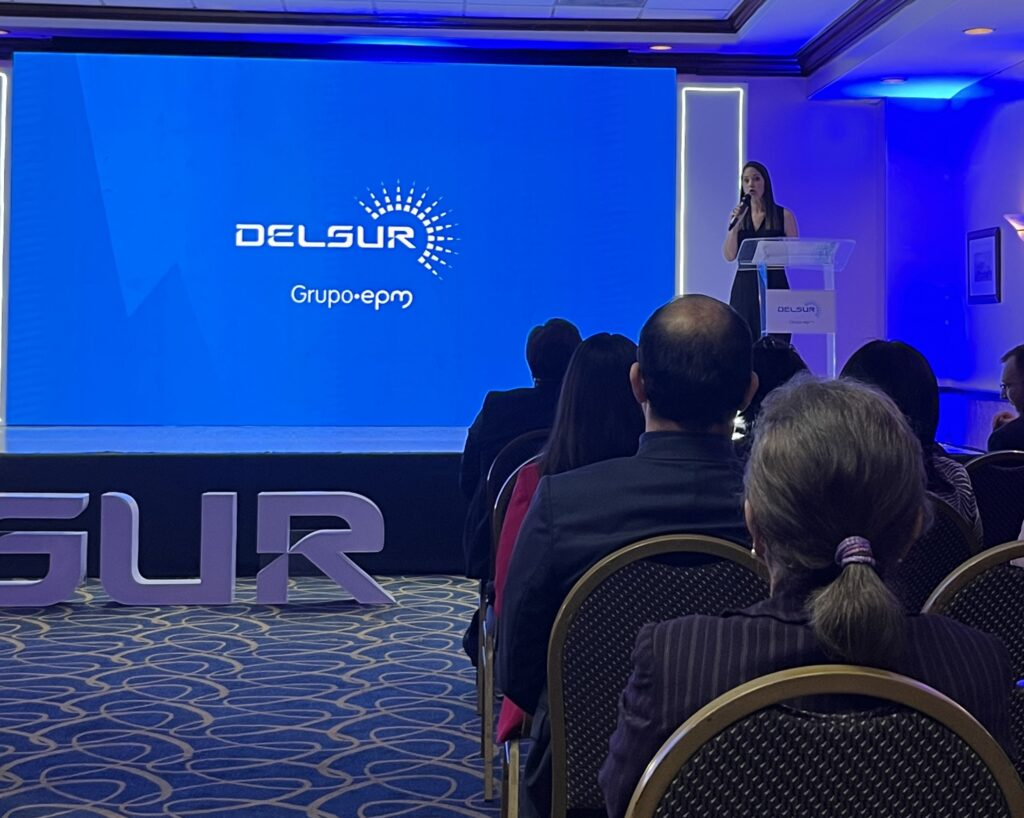
The study, carried out throughout 2024 with the support of the Spanish consultancy Ecoterrae, focused on the analysis of historical information on failures caused by extreme weather events, as well as the evaluation of future scenarios using two global emissions trajectories: RCP 4.5, which represents an optimistic approach with a gradual reduction in emissions, and RCP 8.5, a conservative scenario that assumes constant emissions. Through this approach, the expected climatic conditions for the years 2030, 2065 and 2100 were projected, evaluating variables such as temperature, precipitation and wind, factors that directly affect the electrical infrastructure.
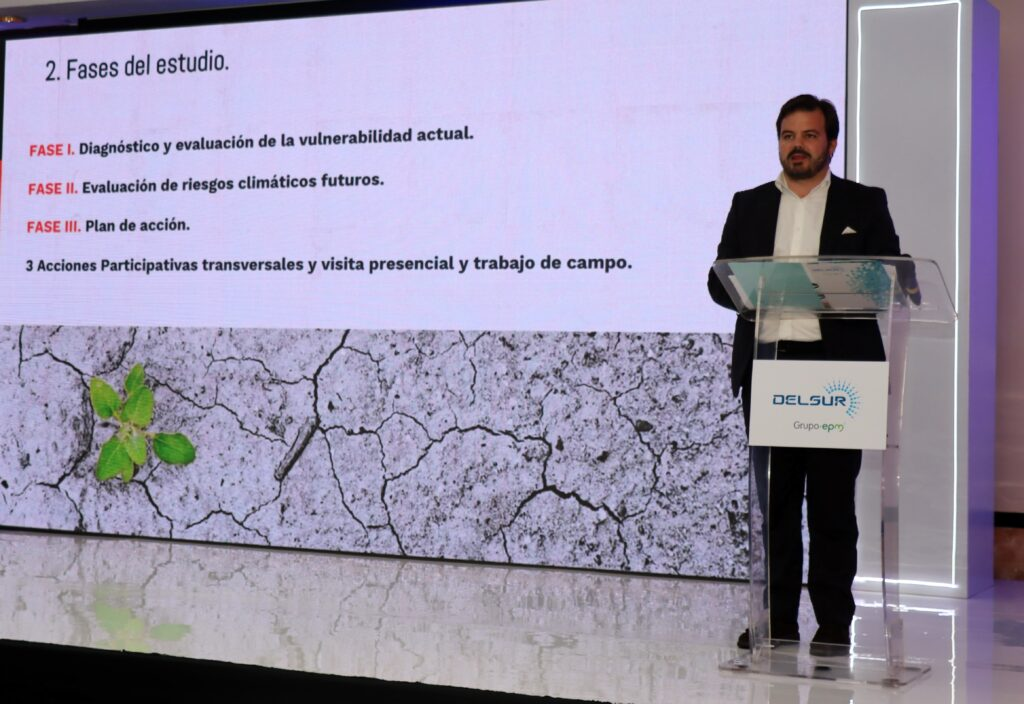
The results of the study made it possible to identify the main vulnerabilities in energy distribution systems, such as overhead lines and substations, and highlighted the importance of adopting measures that strengthen the resilience of this infrastructure. These measures include the optimization of technologies and procedures that minimize the risks associated with climate impact and guarantee the continuity of the service. This effort seeks to preserve the quality of the electricity supply and promote sustainable and responsible operations in the face of environmental challenges.
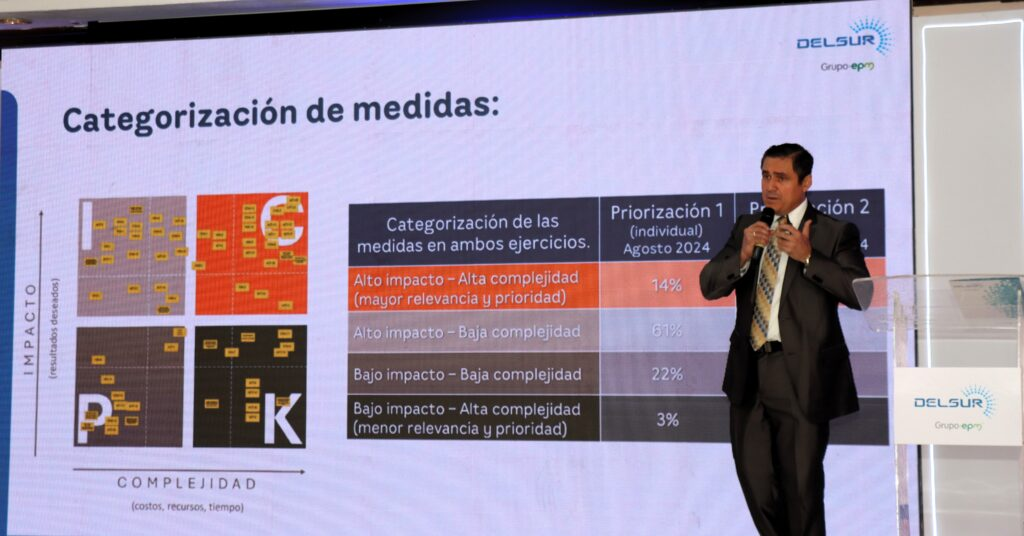
Based on the results of the study, we enriched the analysis that will allow us to identify the impacts of climate change on the quality and continuity of the electricity supply. According to historical data collected from 2009 to date, due to extreme weather events, $2.2 million dollars of losses have been reported in terms of Unserved Energy, a network maintenance cost that exceeds $800,000 dollars and percentages of climate-related events accounted for in frequency indicators (SAIFI) and duration (SAIDI) of service interruptions that reach 23% and 24% respectively. By anticipating potentially destructive events, and analyzing accurate and updated data, we seek to implement effective strategies that guarantee the resilience of the electrical network in the face of climate challenges, strengthening our commitment to customers and the environment.
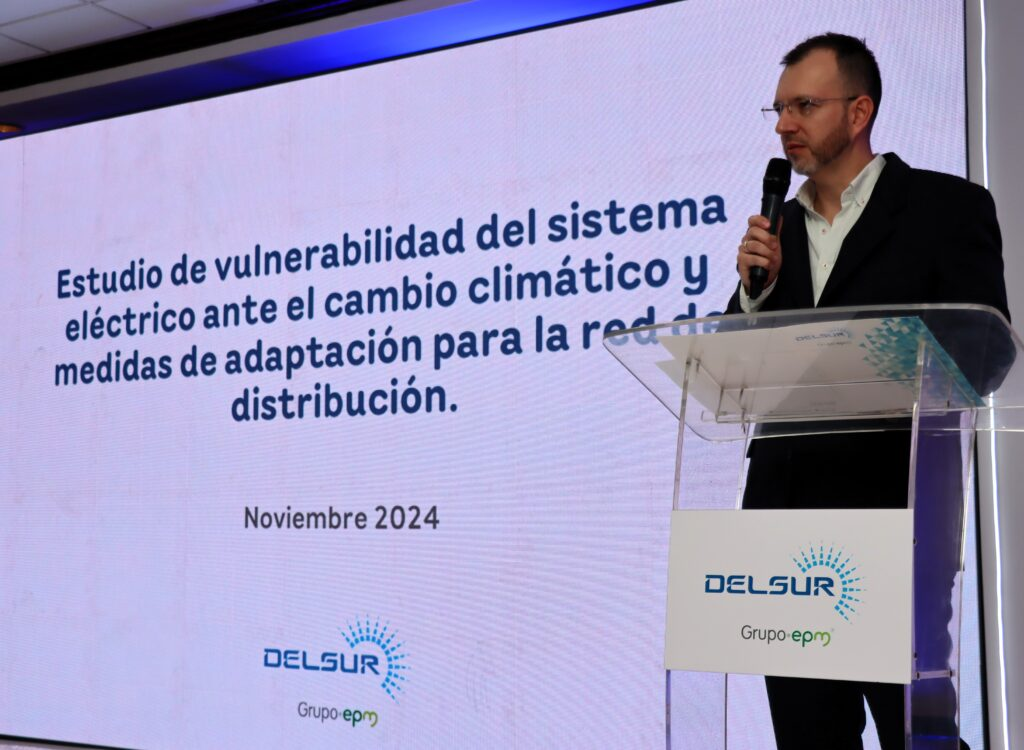
With this initiative, DELSUR reinforces its commitment to anticipate the effects of climate change by implementing solutions that protect both its operations and the environment in which it operates, ensuring a more resilient future for its clients and communities.







